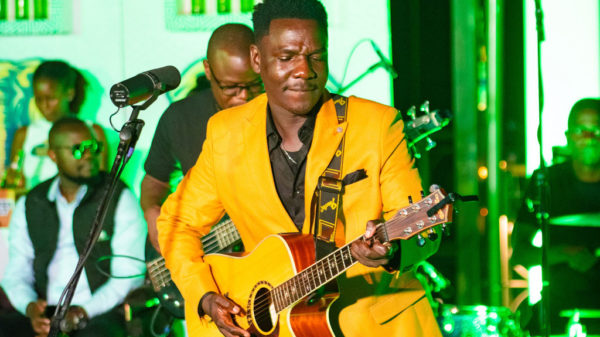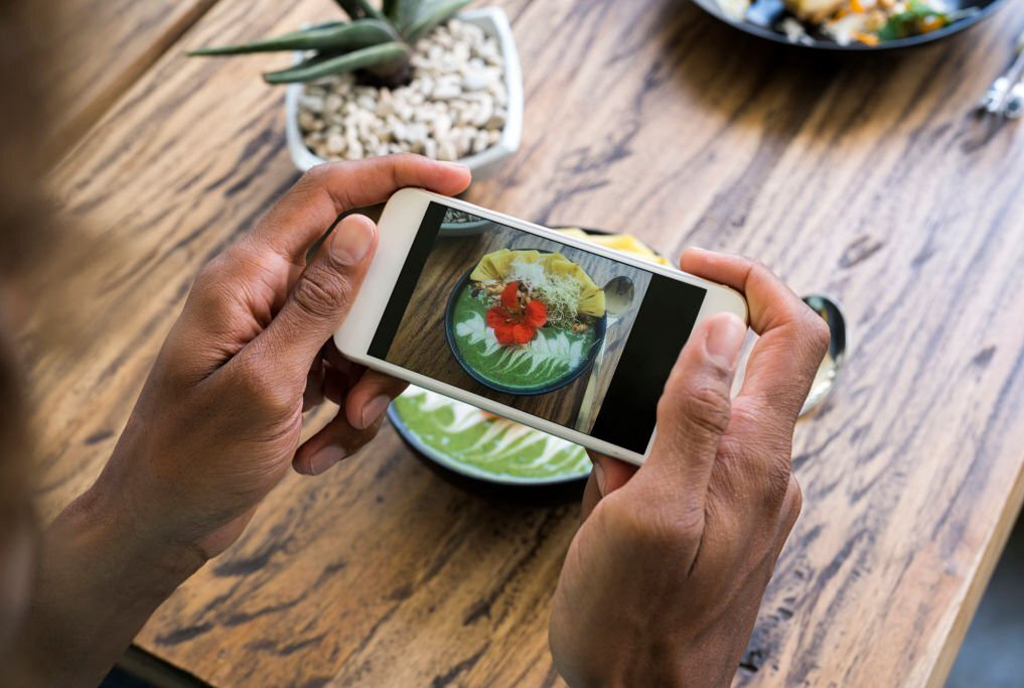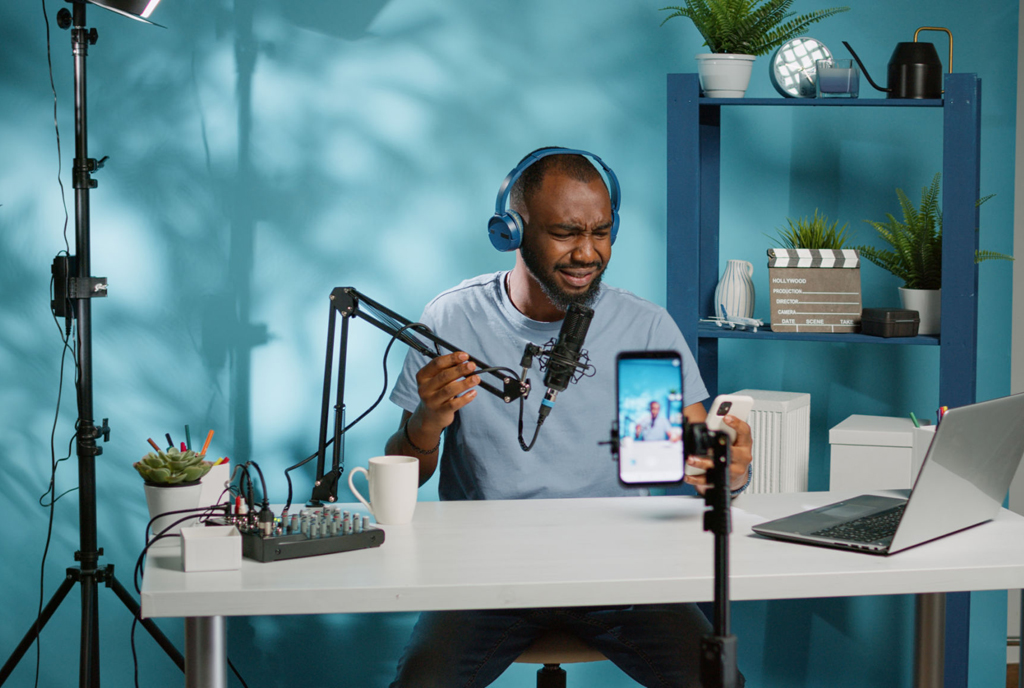Content. Twitter was once a space for intellectual discourse. But soon it became a place where people gathered influence. Soon, everyone that got an audience retweeting and liking became an influencer. With or without the right content, the word has been thrown around. Bash Mutumba, an influencer delves into influencing, the Ugandan way.
For as long as men have breathed, there has always been one constant in the sociological construction of society, influence.
As the aristocrats of the Baroque period lured poets and composers with titles and gold for favourable musings about them, brands in our digital times continuously pay social media influencers to talk positively about their products.
In today’s marketing, where KPIs are more concerned with controlling the online narrative, a trending hashtag in some cases is valued more than traditional returns on investment such as product sales. This makes influencer marketers key in today’s marketing.
But before we talk about social media influencers, we need to understand what an influencer is. Precisely, a person or thing that influences another. However, in marketing, an influencer is someone who has established credibility in a specific industry, has access to a huge audience and can persuade others to act based on their recommendations.
As a Ugandan, the definition might leave you confused whether the people you have always referred to as influencers are actually influencers.
Even though some have a large audience, credibility and persuasiveness are not virtues one can confidently accuse most of them. However, one might argue that people make diction, and not the other way round. As we call popular Facebook users bloggers, Kenyans use the same word to refer to popular Twitter users. Then most of the world calls Instagram models influencers in recent colloquial vocabulary, regardless of whether they actually endorse any products or not.
Ugandan influence
Given that 77 percent of Uganda’s population is under 30, it is expected that most social media influencers are young people. It is therefore, up to them, at least in the eyes of those who hire their services – to digitally dictate the consumer behavior of the 13.92 million internet users in Uganda.
Influencing itself however, is more common on Twitter, even though Facebook was for a long time the most used platform by Ugandans before the puissant advent of TikTok.
To tell this story right though, I will start on a personal level. I started accessing internet through cafes in Namanve and Makindye when I was 11 in 2008. It was satisfying opening your Facebook account to send random friend requests to foreigners. My love for social media grew when mum bought me my first smartphone at 13. I made sure I capitalised on the free-to-access Facebook Zero for as long as it existed. In my world, Facebook was the only app, platforms such as Twitter were just complicated for no good reason.
Several of years later on my third attempt at using Twitter, I noticed something I had never seen on Facebook. Celebrities freely replied to random tweets of ordinary people, and by trying it myself, I got a reply from Keko when I tweeted about her new song, and even got “favourited” by Maurice Kirya, I was over the moon.
Since then, I sought to be as the “tweeps” who had even more clout than actual celebrities. These people would get more reactions to their tweets, and would control discourse on the app.
Influencing
People such as Bernard Ewalu Olupot (@Beewol) alias Talkative Rocker were famous. Those days, Jose Chameleon and his hit maker ilk were hardly heard of on twitter, it was just the tweeps, and a few uptown musicians and media personalities who had street credit.
“An influencer is anyone who generates conversation or attracts attention towards a specific subject or topic of discussion; especially one that they are known to be experts in,” Olupot says.
“In most cases, it is assumed that if you are a person who generally attracts attention and gets people talking, you are an influencer. And maybe that is so. But I would also like to think that an influencer often has some level of expertise in whatever they are talking about. So if you can talk about something and people respect what you say, then you might be an influencer,” he adds.
He says the power that influencers have is so immense that they owe it to those who follow them to be knowledgeable about the products they are marketing.
“If I am telling people that a certain shoe is the finest shoe in town and I’ve never worn it, I’m also falsely endorsing a product whose quality I have no idea about,” says Olupot.
According to Olupot, the first role of an influencer is to try out a product to have a candid conversation with the owners regarding quality, pricing, and availability. He says it also helps one give honest and real feedback to the client before they can go out into the world and get bashed for preaching the gospel of a product that is below par.
“To protect one’s reputation and that of one’s clients, one has got to stick to products that are actually worthwhile – that is why every influencer must have plenty of knowledge about a product before they can market it,” he says.
There has always been a question on whether a brand an influence is pushing should be a big deal. For instance, why should one person jump onto every campaign that needs an influencer?
“I am now at a stage in my life where I cannot afford to mislead anyone. The money you earn by misleading people might be huge but the damage to your brand is incomparable. In addition, as an individual, I have a personality both offline and online. I am one of those few people who live a very linear life in that if you meet me online or offline, I am one and the same person. What I like online, I like offline. What I endorse online, I consume offline,” he says adding that there are brands he does not believe in and would never work with.
By the time I was at the university, I was already on Twitter, someone inviting you to tweet at a press conference for one hour to earn Shs50,000 was more than heaven. Firstly, you would be able to eat expensive hotel food for free, that you would otherwise never be able to afford, and most importantly you would be seen live-tweeting the same hashtag as the top guns, and that was a future gig plug and probably bigger money.
When I was first paid Shs100,000 to attend a concert, it felt pleasantly surprising; almost ridiculous. I don’t have to pay for a ticket, and I’m actually going to get paid to have fun? And how does someone confidently give me shs. 300,000 to tweet about their brand for a week? How do they benefit? All these questions never left my head, but I cared less; after all I was making a killing. I was addicted to my phone and social media before all this anyway, so it made no difference. I never even cared for the photojournalists who took and shared photos of me and my entire clique, ridiculously staring at our phones.
What bothered me though was a fact that Twelebs (read Twitter Celebs) turned down some gigs that had good money, yet were still invited for even bigger projects and my crew and I were ignored. And I found their content boring over time, they did not start wars or made irresponsible jokes anymore.
I should have known early enough that with experience, you get to know the right people in the industry, meet very important personalities and that’s what matters. Not the number of followers you have and how much of a cult they are of yours, and definitely not whether you are the most polarising character.
In the influencer gig, clients are likely to get many influencers for the noise and numbers but on top of that, get two or three content creators to post a few mature and well thought tweets to give hashtags legitimacy. These account holders are paid more than regular influencers, at times twice or thrice.
Priority
The Covid-19 pandemic and later a lockdown in 2020 challenged lifestyle as was known to many. With people stuck in their homes and unable to afford things such as newspapers, the focus was online.
Like that, the pandemic helped speed up a process many had seen coming, online platforms becoming a priority to traditional media.
Today, a press conference by big brands is not complete without a clan of influencers that most of the times come at a higher cost than the press present and of course more than the journalists invited.
Daniel Turitwenka, alias Danny T, has worked with numerous influencers, the decision to go for influencers over traditional media mainly depends on the targets of the particular campaign.
For instance, he notes that influencers will not give you the quality of analysis one may need about an election than a radio or TV will do but will they give better quality of information to their niche audiences.
“If you want to reach particular niche audiences say mountain climbers, backyard gardeners, new mothers etc. People are likely to trust them more than a company account online or a billboard,” he says.
Pros and cons
Turitwenka says influencers come in different types, there are customers, celebrities, bigwigs’ influencers and fans among others. He says all these come with their can of worms. For instance bigwigs could be expensive than the little known influencers but understand the drill more.
A start up influencer will likely get a brand in trouble when they use someone’s photography without credit and unauthorised use of music among others. In July for instance, Kenyan rapper Nonini moved to sue social media influencer Brian Mutinda for using his 2003 hit We Kamu in content advertising an electronic company.
“The cons hinge on differing costs, people getting tired of said influencer or influencer campaign. The greatest though is lack of harmonisation and regulation,” Turitwenka says.
Yet, on any other day, influencers will help a brand build authentic relationship and trust with the people they bring onboard and get feedback in real time.
Turitwenka says the pillars of content creation or influencing are authority, relevance, engagement, resonance, visibility, reach, reliability and consistency. Besides knowing enough about the product to answer questions, he channels Olupot by saying they need to be believable.
For instance, one cannot preach wine and take water. In 2014, while hosting the Oscars, comedian Ellen DeGeneres was paid millions by an android phone manufacturer to take a star studded selfie with their phone. She did and the picture went viral, yet minutes later, she tweeted using her iPhone. For an ordinary influencer, that would be damaging.
At the end of the day, the influencer market is one that welcomes all but has its limits For example, serious brands do not want to associate with juvenile influencers seeking a trend regardless of the content.
As a fresh influencer, when I was told against engaging in useless battles, I thought people were simply hating, yet after taking the advice and improving my content, I got the respect and jobs I badly needed. It is a tricky situation and there is an audience to lose in the process.
Today, the industry is saturated, marketing agencies are differentiating between micro and macro, influencers and amplifiers to justify difference in pay, much as some of this makes sense, much of it doesn’t.
Don’t want to miss out on any story? For updates on all Sqoop stories, follow this link on Telegram: https://t.me/Sqoop




























































